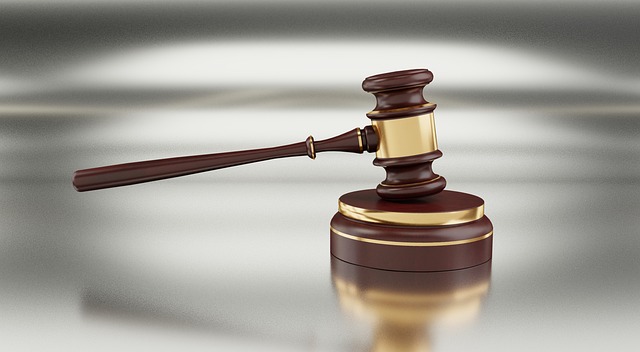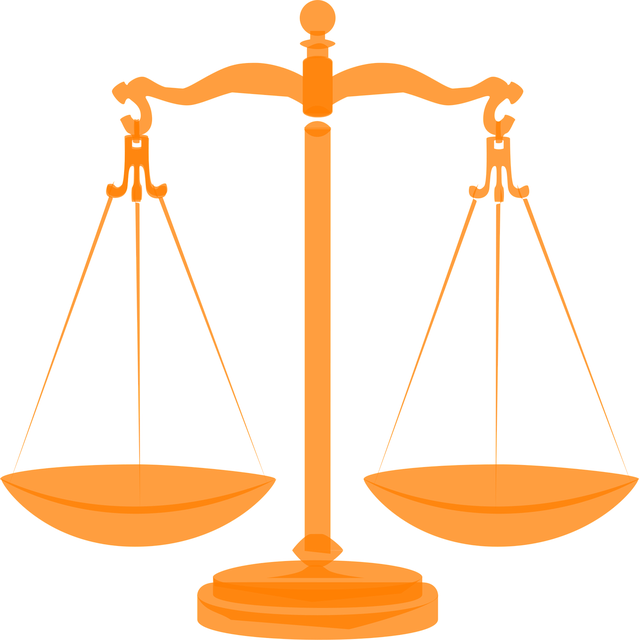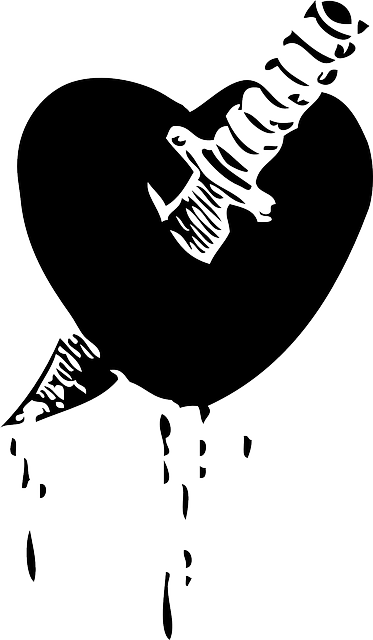Assessing liability is crucial in personal injury cases, akin to laying a foundation for construction, guiding damages valuation and legal strategies. Comprehensive evidence gathering, including medical records, witness statements, and supporting documents, strengthens claims. Negotiation offers a quicker, cheaper resolution, but litigation involves court processes, potential delays, costs, and unpredictable outcomes, especially in complex scenarios like product liability disputes.
Understanding the personal injury case process is crucial for anyone seeking compensation after an accident. This comprehensive guide breaks down the key steps, from assessing liability—the cornerstone of any successful claim—to negotiating a settlement or pursuing litigation. By gathering strong evidence and documenting your injuries and damages, you can navigate this complex landscape effectively. Our article outlines practical paths to achieving justice, empowering individuals to assert their rights in personal injury cases.
- Assessing Liability: The First Step in Personal Injury Cases
- Gathering Evidence: Documenting Your Injuries and Damages
- Negotiation vs. Litigation: Navigating Legal Paths to Compensation
Assessing Liability: The First Step in Personal Injury Cases

In personal injury cases, assessing liability is the first crucial step, akin to laying a solid foundation before constructing a building. This process involves meticulously examining the circumstances surrounding the incident to determine who or what is at fault. Lawyers and insurance companies delve into the facts, considering elements like negligence, recklessness, or intentional actions that led to the injury. By analyzing these factors, they can establish legal responsibility, which is paramount in advancing the case.
In a complex landscape where incidents may range from car accidents and slip-and-falls to medical malpractice and workplace injuries, understanding liability becomes even more critical. This initial assessment guides subsequent steps in the personal injury case process, including valuation of damages, negotiation strategies, and potential outcomes, whether through settlement or litigation—even drawing parallels to navigating real estate litigation, employment disputes, or partnership disputes where each situation demands a tailored approach based on specific legal grounds.
Gathering Evidence: Documenting Your Injuries and Damages

In a personal injury case, gathering evidence is a critical step to ensure a successful claim. Documenting your injuries and damages is paramount. This includes documenting medical bills, lost wages, and any other financial burdens resulting from the incident. Additionally, keep records of any pain and suffering, including descriptions of symptoms and their impact on daily life.
Photographs of injuries, receipts for medical treatments, and witness statements can also serve as compelling evidence. In cases involving property damage claims or real estate disputes, it’s essential to document any structural damages to properties and the cost of repairs. Similarly, in situations of elder abuse, detailed records of physical and emotional harm, along with any relevant legal documents, can strengthen a case.
Negotiation vs. Litigation: Navigating Legal Paths to Compensation

Many personal injury cases can be resolved through negotiation rather than litigation. Negotiation involves direct communication between the injured party and the opposing side, often with the help of their respective lawyers. This path is typically faster, less expensive, and allows for more control over the outcome. It requires both parties to agree on a fair settlement amount that covers medical expenses, lost wages, pain and suffering, and other damages.
However, when negotiations stall or the other side refuses to offer adequate compensation, litigation may become necessary. Litigation involves filing a lawsuit in court where a judge or jury determines liability and awards damages. This process can be lengthy, costly, and unpredictable but is sometimes the only way to secure the full accident compensation the injured party deserves, especially in complex cases like product liability or insurance disputes.
Understanding the intricacies of a personal injury case process is paramount for anyone looking to secure justice and compensation. From assessing liability, which serves as the foundation for any successful claim, to gathering comprehensive evidence to document injuries and damages, each step demands careful consideration. Furthermore, choosing between negotiation and litigation depends on the specifics of your case and your desired outcome. By navigating these paths competently, individuals can achieve the resolution they deserve in their personal injury cases.





